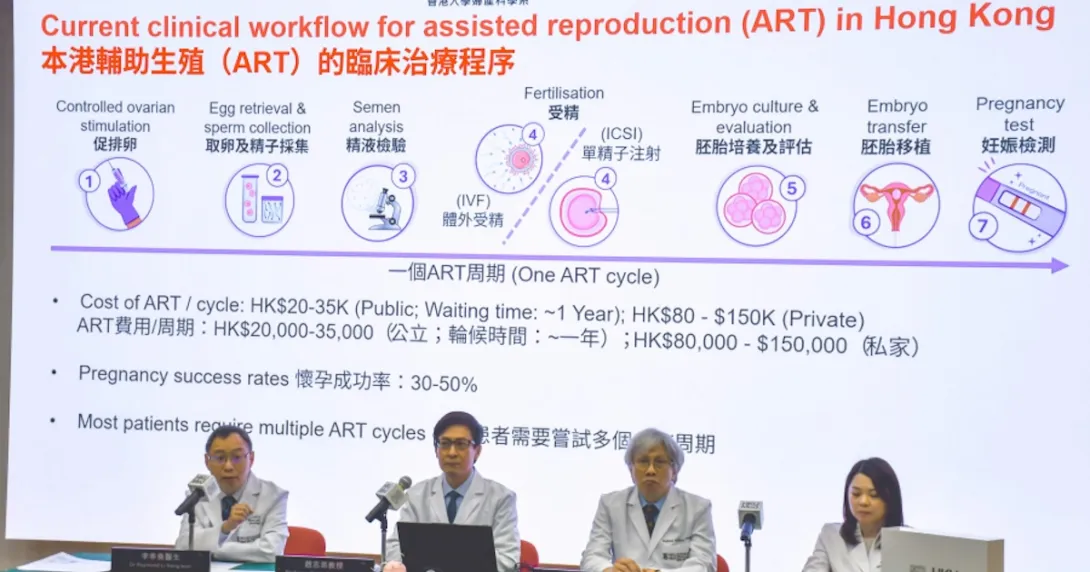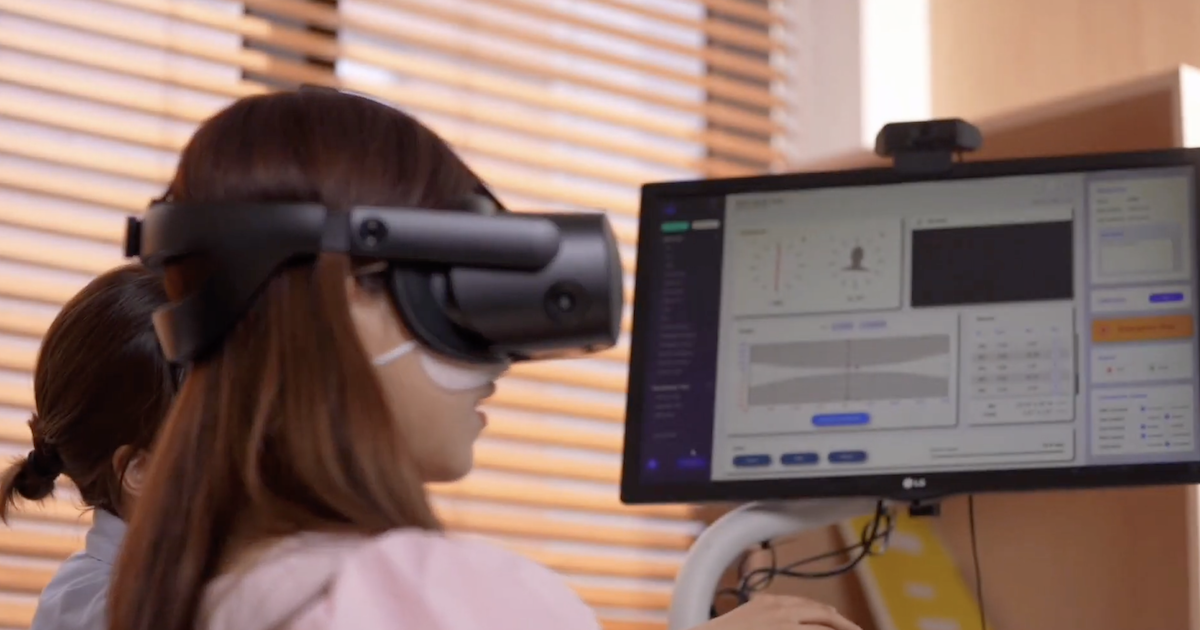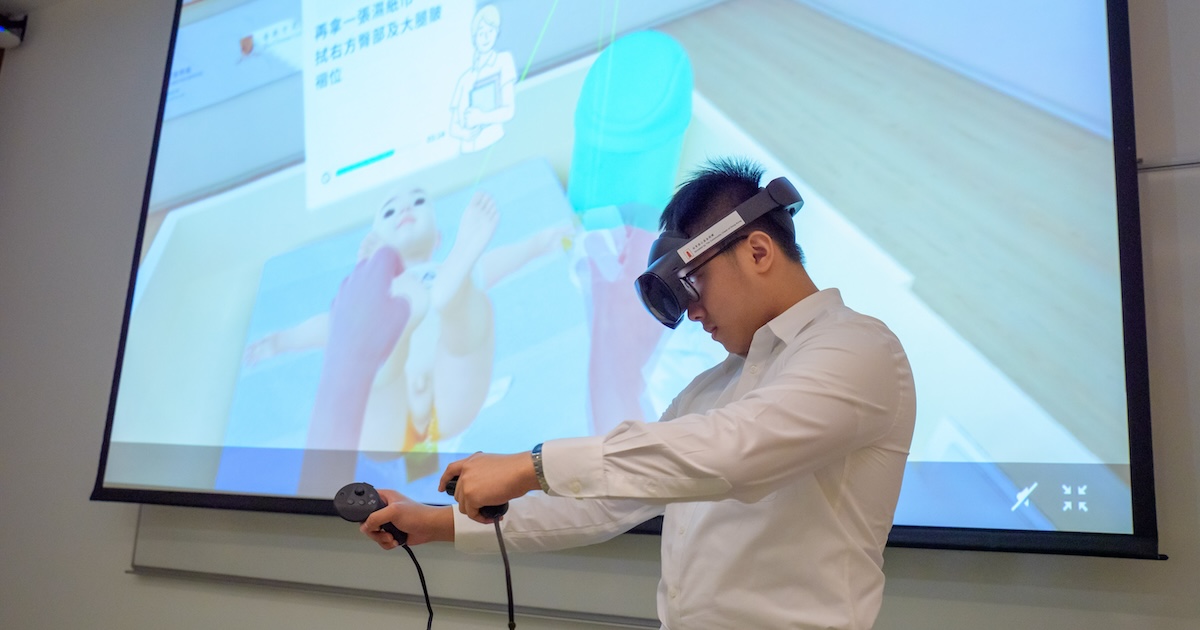
A new AI model in Hong Kong has shown potential to raise the precision of male fertility assessment that supports assisted reproduction.
Researchers from the Department of Obstetrics and Gynaecology at the University of Hong Kong's Li Ka Shing Faculty of Medicine (HKUMed) developed what could be the world's first AI model for identifying male sperm fertility potential.
The AI analyses sperm morphology, particularly its ability to bind to an egg's outer coat, or the zona pellucida, which is the "crucial first step in fertilisation," according to the researchers. They set a clinical threshold of detection at 4.9%.
The model was trained on more than 1,000 sperm images. It has demonstrated a clinical validation accuracy rate above 96%.
FINDINGS
For two years from 2022, the OB-GYN researchers validated their model by examining over 40,000 sperm images from 117 men diagnosed with infertility or unexplained infertility.
The results of their study, they said, indicate the AI's potential to increase the success rates of assisted reproductive treatment (ART) procedures by automating a traditionally manual process of identifying male sperm fertility potential. Findings have been published in the European Society of Human Reproduction and Embryology's Human Reproduction Open journal.
WHY IT MATTERS
Infertility affects one in six couples of reproductive age worldwide, with male factors accounting for up to seven in 10 cases.
According to the HKUMed researchers, treatment of this condition through ART remains constrained by the limited accuracy of diagnostic tools.
A prior standard assessment via semen analysis is typically conducted manually under a microscope following World Health Organization guidelines.
"This method is not only labour-intensive and time-consuming, but also highly dependent on the subjective judgment of laboratory technicians. This leads to significant variations between individuals and across laboratories, making it difficult to standardise sperm quality criteria and undermining the accuracy of male fertility evaluations," explained HKUMed professor William Yeung Shu-biu.
ART laboratories also rely primarily on semen analysis parameters (such as sperm concentration, motility and morphology), which "have limitations in predicting the true fertilisation potential of male sperm," the professor said.
"Even with normal semen analysis results, 5%-25% of men still experience low fertilisation rates (less than 30%) or complete fertilisation failure during [in vitro fertilisation]," he added.
The HKUMed researchers claim that their AI model can increase the accuracy of male fertility assessments. The AI is said to be faster and more reliable in evaluating a sperm's ability to bind to an egg than conventional methods.
"It serves as a novel diagnostic tool for detecting fertility issues that conventional semen analysis may overlook, allowing clinicians to tailor more effective treatment plans and improve pregnancy outcomes," said study co-lead and associate professor Philip Chiu Chi-ngong.
"This innovation has the potential to improve overall infertility management, reduce fertilisation failure rates, and shorten the time to pregnancy," said Prof Yeung, who is also one of the study's authors.
Large-scale clinical trials are currently underway to further validate the AI model.
MARKET SNAPSHOT
AI has seen increasing application in vitro fertilisation, a common type of ART, over the years. Embryonics, an Israeli startup, introduced in 2021 an AI that predicts embryo implantation probability. In Singapore, Virtus Fertility Centre is using AI to identify the most viable embryo.


